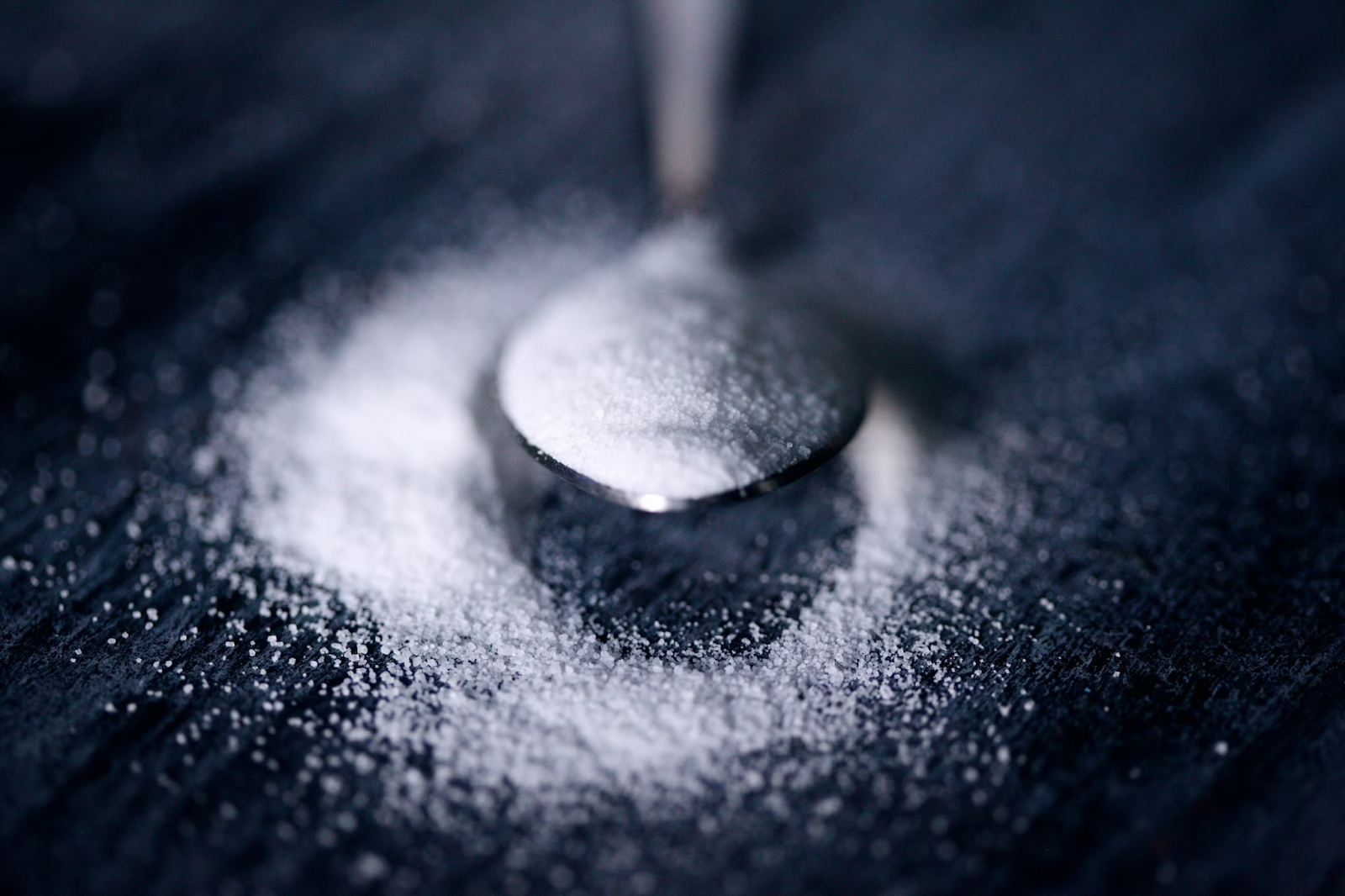In recent years, the quest for healthier lifestyles has seen a significant shift towards reducing sugar intake. This pursuit of wellness has propelled artificial sweeteners into the mix as seemingly guilt-free alternatives to sugar.
However, amidst their popularity, emerging research and health debates have cast shadows on these synthetic substitutes. It’s crucial to scrutinize not just their empty calorie content but also their long-term impact on human health.
Artificial sweeteners are chemical or natural compounds that offer the sweetness of sugar without its caloric burden. They’ve been preferred for their ability to aid in weight management and control blood glucose levels — benefits that make them particularly appealing in today’s calorie-conscious society.
Yet, this positive aspect only skims the surface of a deeper pool of concerns related to potential adverse effects on human health. This post aims to delve into five specific artificial sweeteners that studies suggest may be detrimental to one’s health if consumed regularly or in large quantities.
Common Types of Artificial Sweeteners
Here are some of the most popular (and dangerous) artificial sweeteners on the market today.
It’s important to be able to recognize artificial sweeteners on the labels of pre-packed and processed foods. Check all ingredient labels carefully for the following.
-
Aspartame
-
Acesulfame potassium
-
Alitame
-
Cyclamate
-
Dulcin
-
Equal
-
Glucin
-
Kaltame
-
Mogrosides
-
Neotame
-
NutraSweet
-
Nutrinova
-
Phenlalanine
-
Saccharin
-
Splenda
-
Sorbitol
-
Sucralose
-
Twinsweet
-
Sweet ‘N Low
-
Xylitol
Worst Artificial Sugar Hide Behind This
Many people are surprised by the frequency of dangerous artificial sweeteners found in various products, including:
- Toothpaste and mouthwash
- Children’s chewable vitamins
- Cough syrup and liquid medicines
- Chewing gum
- No-calorie waters and drinks
- Alcoholic beverages
- Salad dressings
- Frozen yogurt and other frozen desserts
- Candies
- Baked goods
- Yogurt
- Breakfast cereals
- Processed snack foods
- “Lite” or diet fruit juices and beverages
- Prepared meats
5 Worst Artificial Sweeteners
1. Sucralose
Sucralose, a chlorinated sucrose derivative, is widely recognized under the brand name Splenda. Marketed for its ability to withstand high temperatures, it has become a popular choice for both cooking and as an added sweetener in protein powder, drink mixes, and ready-to-drink beverages. Despite its prevalent use and FDA approval, emerging research suggests that sucralose may not be as benign as once thought.
One of the primary concerns surrounding sucralose is its impact on metabolic health. Studies have indicated that regular consumption of this artificial sweetener could lead to alterations in glucose metabolism and insulin sensitivity. One study observed that individuals consuming sucralose experienced increases in plasma glucose concentrations and higher peak insulin levels compared to when they consumed water before a glucose challenge test.
These findings raise questions about long-term implications for individuals with or at risk of developing type 2 diabetes. It also shows that artificial sweeteners like sucralose do not keep you in a fast or ketogenic state.
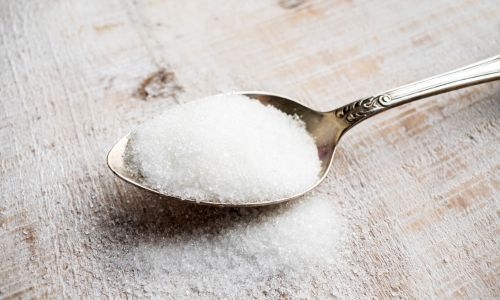
2. Saccharin
Next up on our sweetener spotlight is saccharin, the granddaddy of artificial sweeteners. You’ve likely seen it hanging around in those pink packets branded Sweet’N Low. It’s been helping coffee drinkers dodge sugar calories forever—or at least for a long time. But like any longstanding tradition, digging a bit deeper reveals there’s more to the story.
Saccharin has had its share of controversy over the years. Animal studies threw everyone into a tizzy by linking high doses of saccharin with bladder cancer in rats. This led to warning labels and lots of side-eyes from health-conscious consumers until further research suggested that these findings might not directly translate to humans after all. The warning labels got dropped but left us wondering about long-term safety.
On top of lingering concerns about cancer risk (even if they’re less alarmist now), there’s chatter about potential links between saccharin and disruptions in metabolic processes—think along the lines of what we talked about with sucralose. Some evidence hints that regular intake could mess with your body’s ability to process sugar effectively and influence gut bacteria negatively.
Speaking of guts—the microbiome isn’t too thrilled with saccharin either. Research indicates that this old-school sweetener can throw off the balance among our internal bacterial communities, which plays an essential role in everything from digestion to immune defense.
While it’s clear we need more info before making definitive calls on just how risky or safe saccharin is for everyday use, these whispers are enough reason for pause when you reach for your next packet.
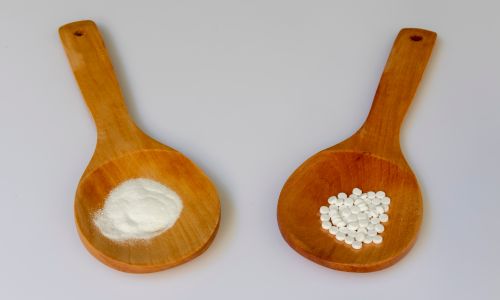
3. Acesulfame K (ACE K)
Turning our attention to Acesulfame Potassium, commonly referred to as ACE K, this artificial sweetener finds its way into many diet beverages and sugar-free products. Despite its widespread use for those looking to avoid the extra calories associated with sugar, ACE K has not entirely evaded critical examination regarding its health implications.
A significant point of concern relates to how our bodies process—or rather fail to metabolize fully—ACE K. It largely passes through the human system unchanged. This characteristic raises questions about the potential long-term consequences of ingesting a substance that is not naturally broken down or utilized by the body.
Echoing concerns raised with other artificial sweeteners is the impact on gut microbiota balance; initial studies propose that regular consumption could disrupt this delicate ecosystem within our digestive tract. This is a crucial component in overall well-being, including immune function and metabolic regulation.
Acesulfame Potassium usage in daily diets poses serious risks that outweigh the benefits derived from calorie reduction. Until a clearer consensus emerges among health professionals about the health of Ace-K, it should be embraced lightly in terms of consumption.
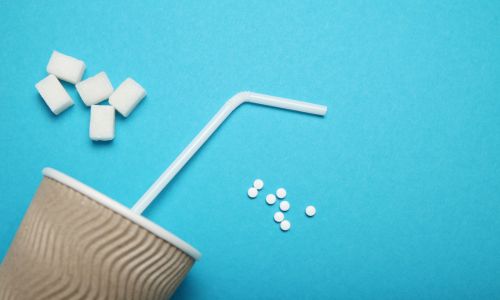
3. Aspartame
Aspartame is another widely used artificial sweetener found in everything from diet sodas to sugar-free gum. Despite its popularity for cutting calories without sacrificing sweetness, aspartame has stirred up quite a bit of health-related debate.
One major area of concern involves potential neurological effects. Some reports suggest that aspartame could be linked to headaches and migraines in certain individuals. While not everyone may experience these side effects, the frequency of such complaints has led researchers to take a closer look at how this sweetener might impact brain health.
Additionally, there’s been talk about aspartame and mood disorders. A few studies have raised questions about whether consuming high amounts could influence mental well-being by affecting levels of serotonin, a key neurotransmitter involved in mood regulation.
Another critical point touches on those with phenylketonuria (PKU), a rare genetic condition where the body can’t break down an amino acid called phenylalanine—one of aspartame’s components. For people with PKU, consuming aspartame can lead to serious health issues since it increases phenylalanine levels in their blood.
While earlier concerns connected aspartame consumption with an increased risk of cancer—especially liver and lung cancer—subsequent research has provided mixed results, needing further clarification through more comprehensive studies.
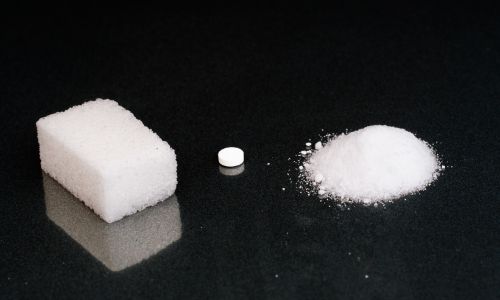
4. High Fructose Corn Syrup
High fructose corn syrup (HFCS) is a sweetener often found in many processed foods and beverages. It’s popular among manufacturers because it’s cheaper and sweeter than regular sugar. However, its health implications have made it a subject of concern.
Firstly, HFCS has been linked to obesity. Its high levels of fructose can trick the body into craving more food by not fully triggering hormones that help you feel full. This can lead to overeating and weight gain over time. There’s also evidence suggesting HFCS could contribute to type 2 diabetes. The way our bodies metabolize the excess fructose from HFCS can strain the liver, leading to insulin resistance—a key factor in this disease.
Moreover, consuming too much HFCS might harm heart health. Studies show that high intake can increase risk factors for cardiovascular disease, such as high blood pressure and inflammation. There are also concerns about liver damage due to how fructose is processed in the body; excessive consumption may lead to fatty liver disease unrelated to alcohol use.

Be Mindful of Hidden Artificial Sweeteners
It’s clear that while artificial sweeteners like sucralose, saccharin, acesulfame K, aspartame, and high fructose corn syrup offer the allure of sweetness without the calorie count of sugar, they come with their own set of health considerations. From potential impacts on metabolic health and gut microbiome balance to concerns about neurological effects and heart health—the evidence suggests a cautious approach is wise.
Embracing a diet that leans more towards natural sources of sweetness might be one way to sidestep these concerns. For those looking to cut down on sugar intake without resorting to artificial alternatives, exploring fruits or even honey in moderation could serve as healthier swaps.
Ultimately, informed choices are key. Staying updated with current research and consulting healthcare professionals can help navigate this complex landscape for better overall well-being. Remember—moderation is crucial when it comes to both sugars and their substitutes.
